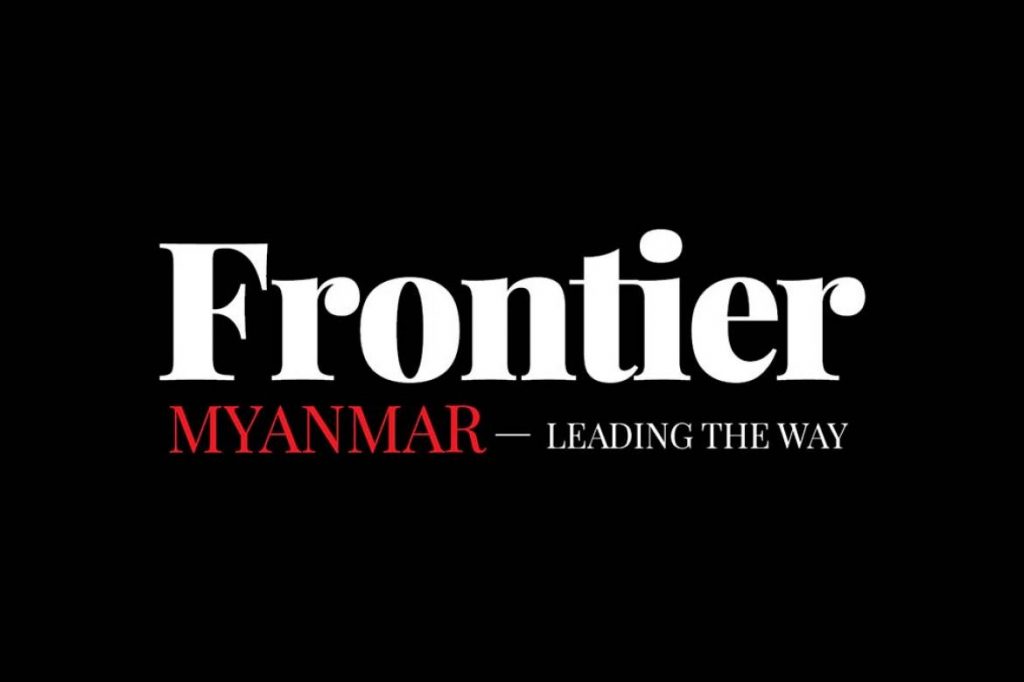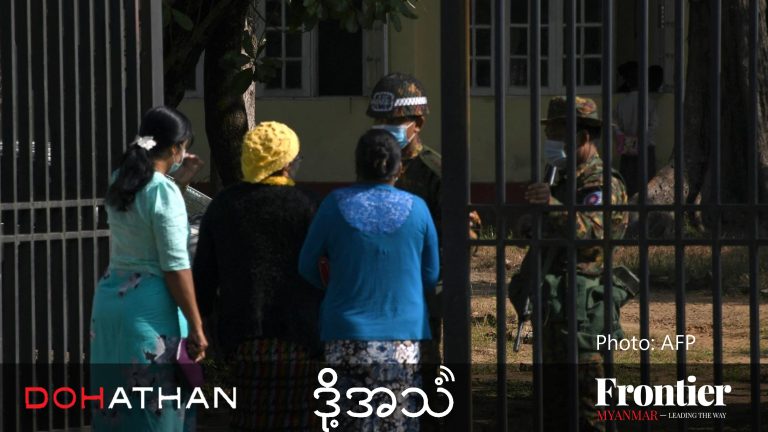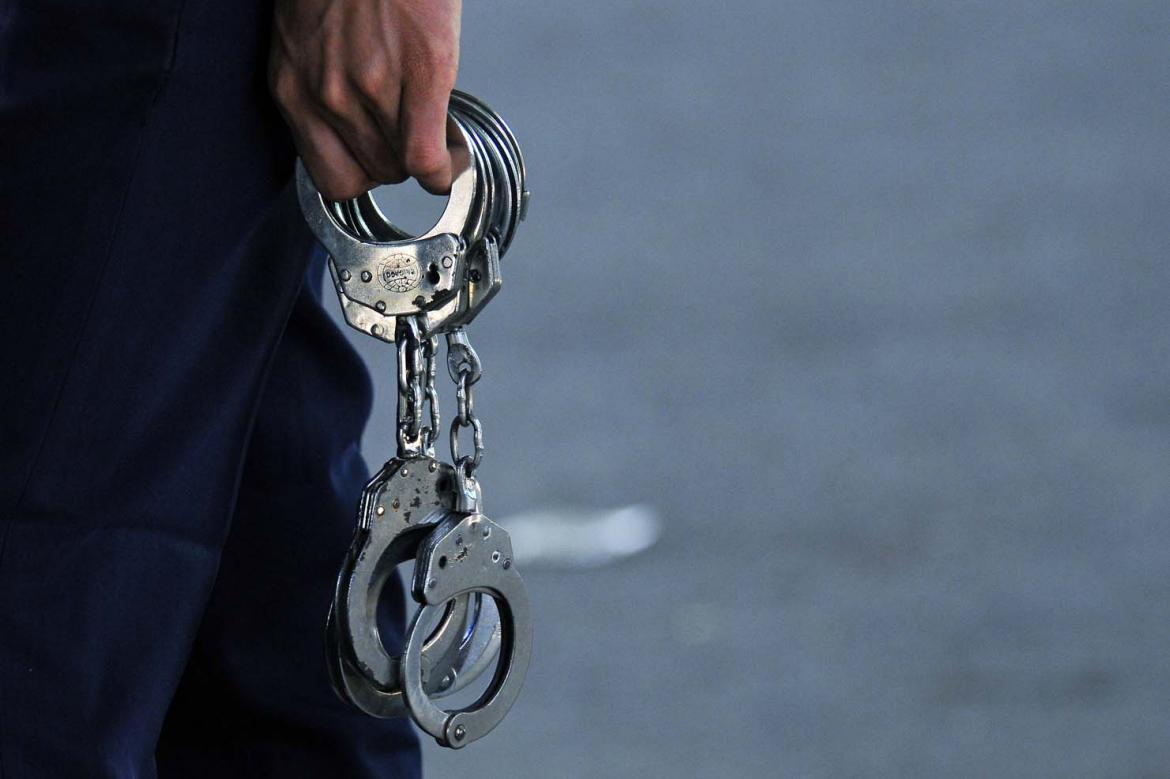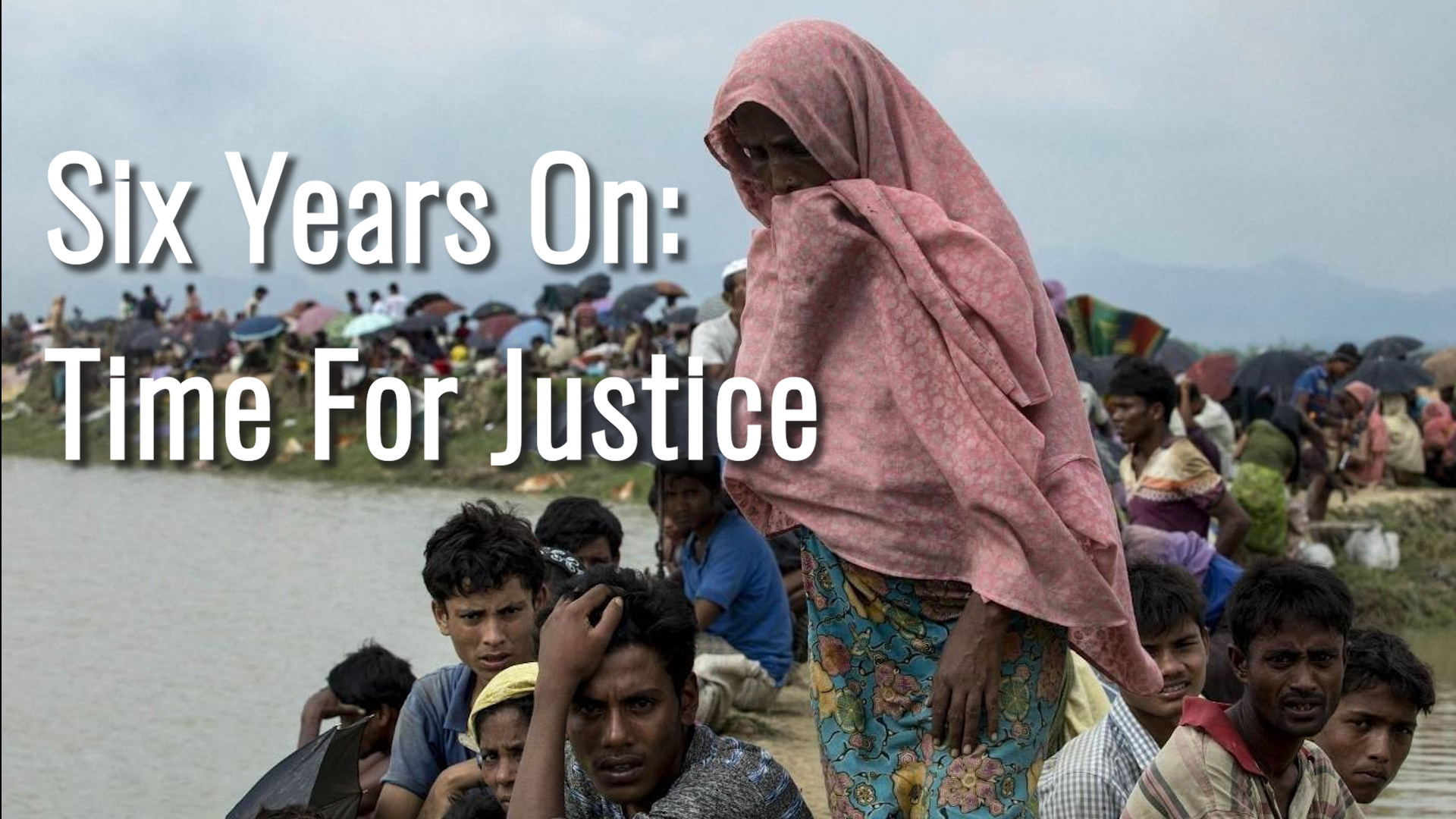By U MIN SEIN | FRONTIER
I read with great dismay the article, “Fixing justice with the tools at hand”, by Stephen McNamara in the November 22 edition of Frontier. The article contains many points that are contrary to our laws and which never happened. I do not know where he learned these, but he should have at least asked Myanmar lawyers and read the laws.
I am not sure whether he really understood the Code of Criminal Procedure, because if he did he would know that the law officers, who are government advocates, do not have the power to arrest. Nor does any court arrest. What does he mean by detain?
The chapter on the power to grant bail – if he had read and understood the Code of Criminal Procedure, and gone to Schedule II, he would know which offences is bailable by the police and which are not. If he had read and understood Sections 496 and 497 of the Code of Criminal Procedure, I am sure he would not have written what he did.
And the fictional case, where he asserts that it is inspired by routine practices observed in Myanmar’s criminal justice system, is pure fabrication. Theft is a major crime and no police in Myanmar will arrest a person and file a case in court, without making any enquiries and without proof and without the exhibit, which is the car.
Support more independent journalism like this. Sign up to be a Frontier member.
The learned author, Stephen McNamara should give the readers a case where in his native country; the police, in a cognizable case, accused of a serious crime, (theft is a serious crime) do not arrest the accused but asks him to come to the police station. Please, Stephen McNamara, to repeat, I need to learn that such practice exists in other lands, I respectfully request you to show me that practice of law.
Where, in the Code of Criminal Procedure Code, which was a remnant from the colonial times, does it say that an arrested person has the right to a lawyer while in police custody? Stephen McNamara might be dreaming about the Code of Criminal Procedure of some other country. Our law was passed by the British and they might have purposely left out that part. The food being served in police custody is also a fabrication. The family is allowed to send food to the police station. Also, the accusation that the arrested person was not provided medication is to say the least untrue.
Stephen McNamara is interfering in our legal system when he says that, “Notices should be displayed and leaflets provided in police stations informing people of their rights.”
Also, when he criticized about an accused pleading guilty to reduce his sentence, has he never heard of plea bargaining, as happens in many other countries? And, in my view, his remark that, “Cases like this explain why there is so little public trust in the criminal justice system” is an unwarranted criticism of our legal system. I would be very much thankful if the good Stephen McNamara published his survey on which he relied upon, for this statement.
Another accusation is about the power to exclude people from court. What he says in that paragraph is untrue and I would be forever grateful if Stephen McNamara were to furnish proof regarding the court, the case and the date. Our legal system is an open court system.
His writing on the power to disclose witness statements also shows his ignorance of the law and his desire to internationally smear our legal system.
Also it is a false and defamatory statement when he says, on page 42, “Whilst the right of the defence to have copies of witness statements made to police are is clearly set out in the Code of Criminal Procedure” it is obvious that he has never read Section 162 of the Code of Criminal Procedure, and also the rulings when an accused or his/her lawyer has the right to the police paper.
If he had read, or could read, the ruling in ILR 13 Rangoon, page 1, Nga U Khine v, King Emperor, passed by Mr Justice Mya Bu and Mr Justice Dunkley, he would not write such an unfounded statement. The extract from the ruling is as follows: “The accused may apply for a copy of the statement of a witness at any time after the witness has entered the witness box and, if necessary the cross examination must be adjourned until the copy is supplied.”
The power to disclose other evidence is also irresponsibly written. I have never heard or seen such evidence being provided by the police to the defence. I might be ignorant, and I respectfully invite Stephen McNamara to show me in which country such practice is being followed by the prosecution.
The chapter on the power of the law officer to withdraw cases, where he says that the lady lawyer Aye Myint meets with the law officer and points out that there is no realistic prospect of a conviction, is also a direct insult to our legal system.
If the learned Stephen McNamara is a practising lawyer, he should understand that what he wrote is contrary to the Law of Evidence and also courts practice. The case is before the court and how can the law officer withdraw the case based on a private conversation and exchange of documents with the defence lawyer. Is that done in his country? If so, please enlighten us.
Therefore, I would really appreciate that foreigners who come to Myanmar learn the law, the custom, and the culture if they really wish to help us, and refrain from such irresponsible statements, and by creating fictional cases, which will not protect you from defamation. Furthermore, we are a sovereign state and need to follow no law of any other country and foreigners should refrain from making these incorrect and unwarranted remarks.
U Min Sein has been a higher grade pleader since 1972 and an advocate of the Supreme Court since 1978. For more than two decades he lectured on commercial law to government officials.







